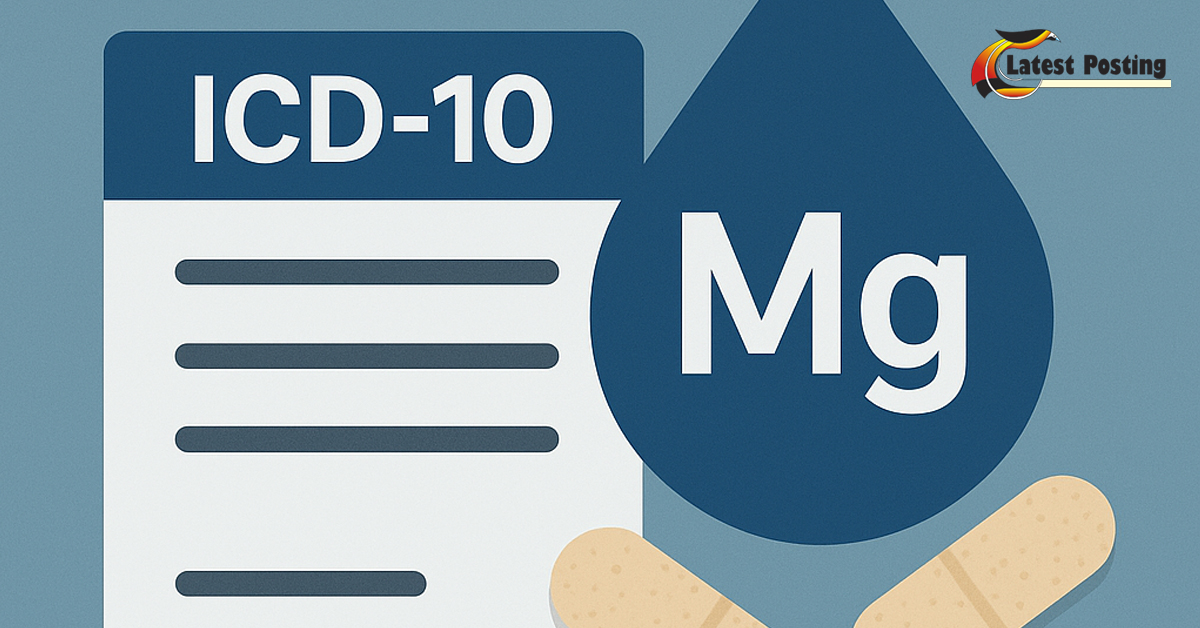In the realm of healthcare legal battles, the case of Negin Behazin vs Dignity Health has garnered significant attention. This legal dispute, with its roots deeply embedded in patient rights and healthcare ethics. It has become a focal point for discussions within the legal and medical communities. In this article, we delve into the intricacies of the Negin Behazin vs Dignity Health case, examining the key players. The core issues at stake, and the potential implications for the healthcare landscape.
Background of the Case:
Negin Behazin, a patient who sought medical care from Dignity Health. Found herself entangled in a legal web that has far-reaching consequences. Dignity Health, one of the largest healthcare providers in the United States. That is facing allegations of medical malpractice and violations of patient rights. Behazin’s case revolves around a series of events that unfolded during her treatment, raising questions about the quality of care and adherence to ethical standards within the healthcare institution.

Key Allegations and Legal Arguments:
Behazin’s legal team has put forth a range of allegations against Dignity Health, including claims of negligence, failure to obtain informed consent, and violations of medical ethics. The case highlights the importance of clear communication between healthcare providers and patients, emphasizing the need for transparency in treatment plans and potential risks involved. As the legal battle progresses, it brings to the forefront the broader issues of patient autonomy and the duty of care owed by healthcare institutions to their patients.
Implications for Healthcare Practices:
The outcome of Negin Behazin vs Dignity Health has the potential to set precedence for healthcare practices across the nation. The case underscores the importance of robust patient rights protections and the need for healthcare providers to prioritize ethical considerations in their decision-making processes. As the legal system grapples with the complexities of this case, healthcare institutions may find themselves reevaluating their protocols and procedures to ensure compliance with legal and ethical standards.
The Role of Patient Advocacy:
Amidst the legal intricacies, the Negin Behazin vs Dignity Health case has sparked a renewed interest in patient advocacy. Advocacy groups and individuals alike are closely monitoring the developments, hoping that a favorable outcome for Behazin will reinforce the importance of patient-centric healthcare. The case serves as a reminder that patients have the right to actively participate in their healthcare decisions, and healthcare providers must uphold their duty to respect and protect those rights.
Conclusion:
In conclusion, the Negin Behazin vs Dignity Health legal battle brings to light the complexities and challenges inherent in the intersection of healthcare and legal domains. The outcome of this case will likely reverberate through the healthcare industry, influencing policies, procedures, and attitudes toward patient rights. As we await the resolution of this case, it serves as a poignant reminder that the pursuit of justice and ethical healthcare practices are integral components of a robust and compassionate healthcare system.
Common FAQs
Q1: What is the Negin Behazin vs Dignity Health case about?
A1: The Negin Behazin vs Dignity Health case revolves around allegations of medical malpractice and violations of patient rights. Negin Behazin, a patient, has accused Dignity Health, a prominent healthcare provider, of negligence, failure to obtain informed consent, and violations of medical ethics during her treatment.
Q2: Who is Negin Behazin, and what is her role in the case?
A2: Negin Behazin is the plaintiff in the legal dispute against Dignity Health. She sought medical care from the healthcare institution and subsequently filed a lawsuit. That claiming her treatment involved negligence and ethical violations. Behazin’s case highlights the importance of patient rights and the duty of care owed by healthcare providers.
Q3: What are the key allegations against Dignity Health in this case?
A3: The allegations against Dignity Health include claims of negligence, failure to obtain informed consent, and violations of medical ethics. The case emphasizes the significance of transparent communication between healthcare providers and patients. It addressing issues of patient autonomy and the duty of care owed by healthcare institutions.
Q4: How might the outcome of this case impact healthcare practices?
A4: The outcome of the Negin Behazin vs Dignity Health case could have far-reaching implications for healthcare practices nationwide. It may influence policies and procedures within healthcare institutions. Prompting a reevaluation of protocols to ensure compliance with legal and ethical standards. The case underscores the importance of prioritizing patient rights and ethical considerations in healthcare decision-making.
Q5: What is the role of patient advocacy in this case?
A5: The Negin Behazin vs Dignity Health case has reignited interest in patient advocacy. Advocacy groups and individuals are closely monitoring the developments, hoping for a favorable outcome that reinforces the importance of patient-centric healthcare. The case serves as a reminder that patients have the right to actively participate in their healthcare decisions. And healthcare providers must uphold their duty to respect and protect those rights.






One thought on “Negin Behazin vs Dignity Health: Unraveling the Legal Dynamics”